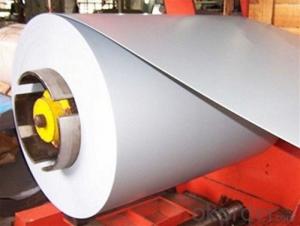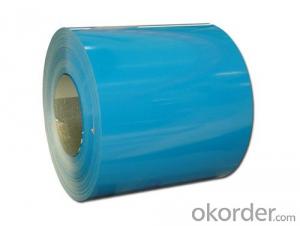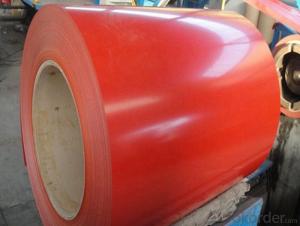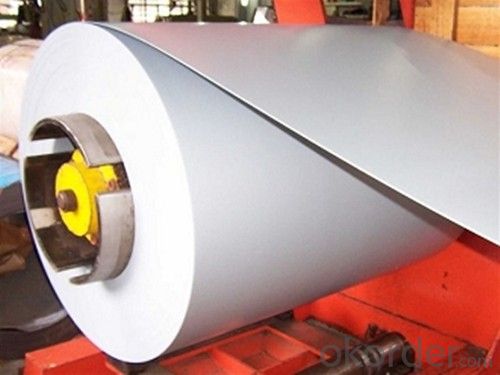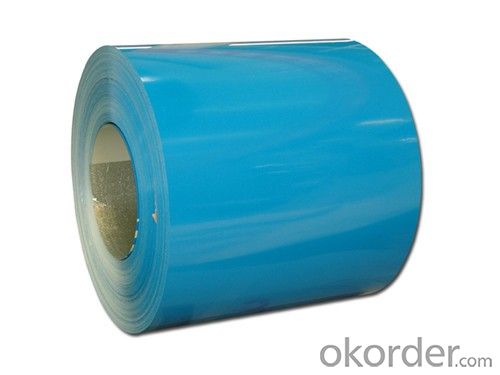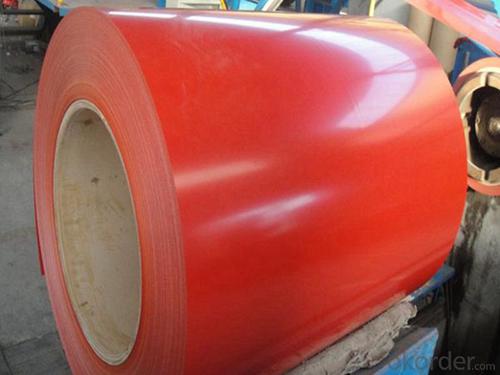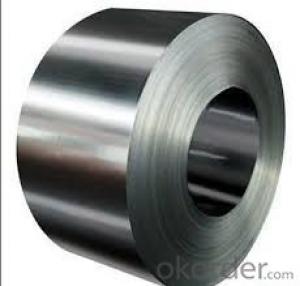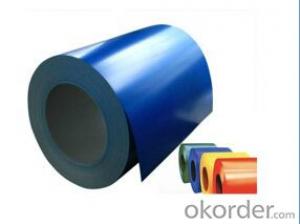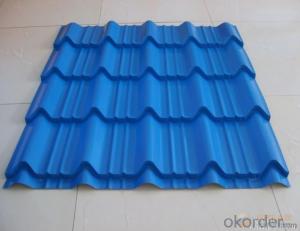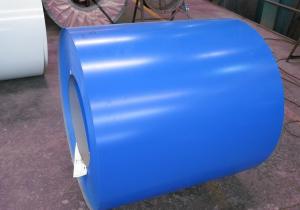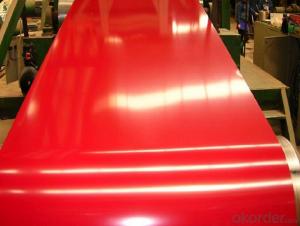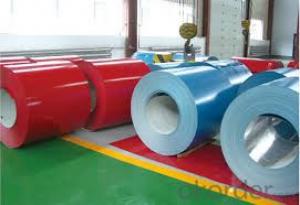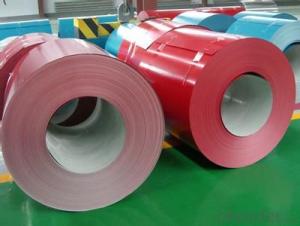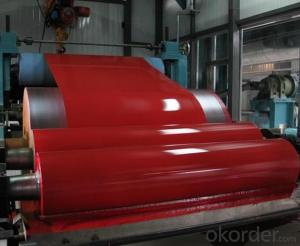High Quality prepainted steel sheet/Pre-painted Steel Coils / in China/PPGI/Auminized sheet
- Loading Port:
- Tianjin
- Payment Terms:
- TT OR LC
- Min Order Qty:
- 25 m.t.
- Supply Capability:
- 50000 m.t./month
OKorder Service Pledge
OKorder Financial Service
You Might Also Like
Specification
1.Application of High Quality Prepainted Steel Sheet
Prepainted Steel Sheet is made by processing the chemistry treating on the surface of steel sheet, then draw the coating, again baking. It has the stenght and shape-exchanging performance of the steel plate,at the same time has the good adornment and anti-erode performance of organism material.The Prepainted Steel Sheet is widely used in such field as architecture,electrical home applicant,furniture,communal facilities and communication and transportation,etc.
2.Advantage of Our Organization:
We are specialized in this field in China concerning GI, GL, PPGI, PPGL, Corrugated Steel sheet. We has established a perfect quality assurance system and high-tech dection methods to ensure good quality of the products.Various types of detectors and detection methods have been equipped in our company workshop.
3.Details of Prepainted Steel Sheet:
Standard | ASTM,GB,JIS |
Grade | DX51D+Z,SGCC |
Thickness | 0.1-1.5MM |
Width | 914,1000,1219,1250MM |
Coil weight | 3-6mts |
Top paint | 22MIL |
Back paint | 11MIL |
Surface treatment | color coated/galvanized/galvalume |
Delivery time | 10-20 working days |
Packing | waterproof paper, galvanized steel covered and steel strip packed |
USeage | widely used in construction,home,appliance,decoration,wear resistant steel,etc |
4.Prepainted Steel Sheet image:
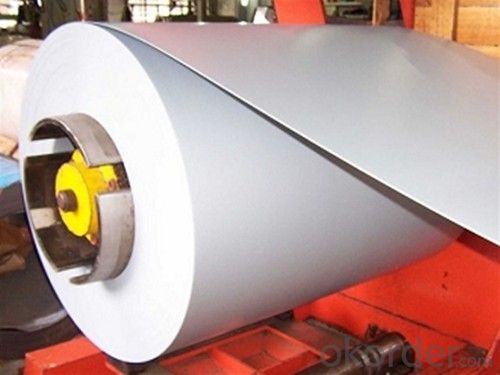
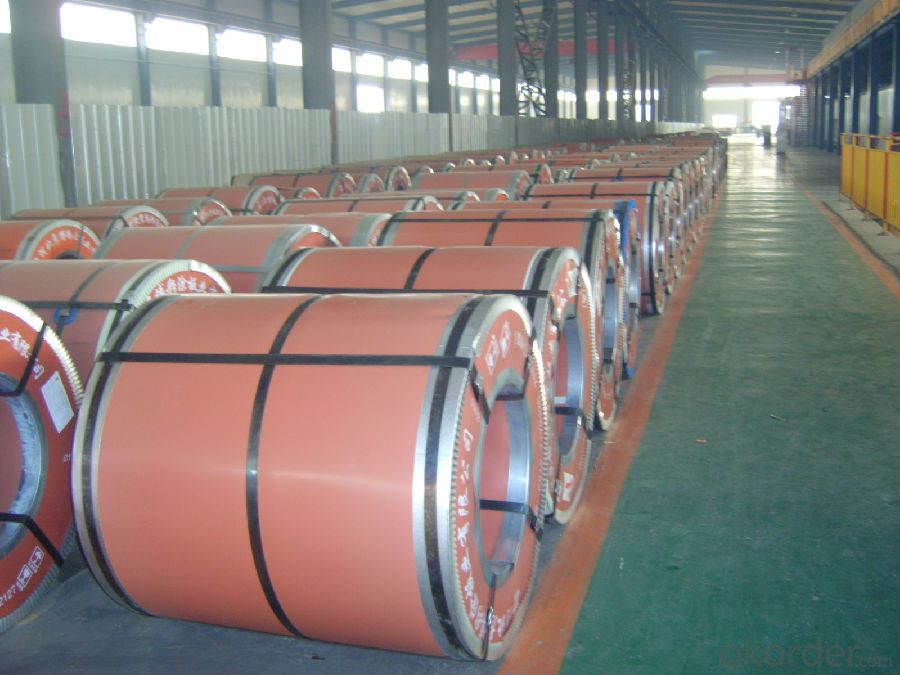
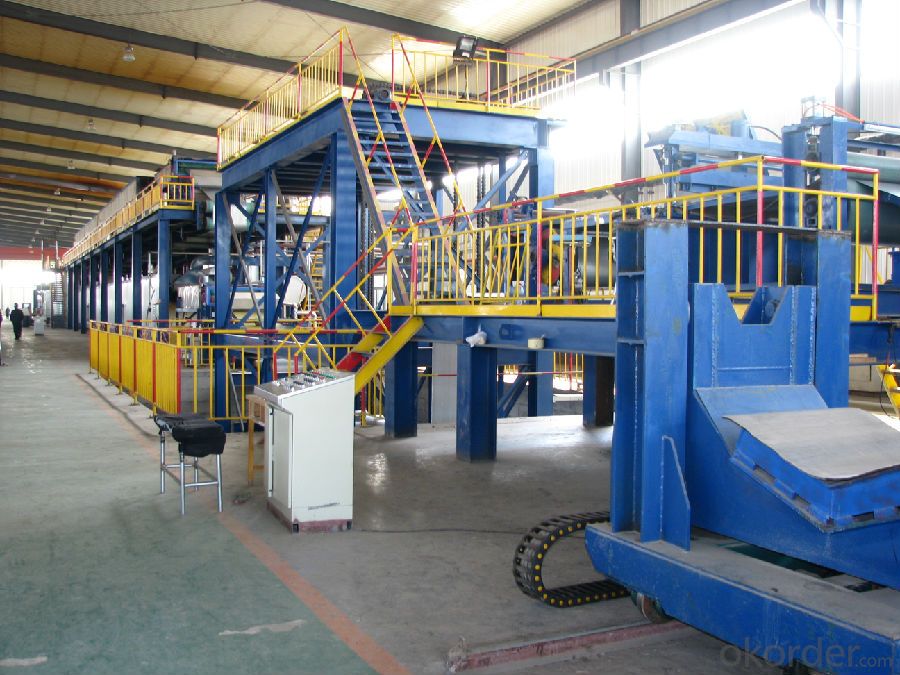
5.FAQ
We have organized several common questions for our clients,may help you sincerely:
①How about your Warranty?
Warranty: 1-Year for the whole light. Warranty is based on correct storage, installation, using and maintenanc
②How to guarantee the quality of the products?
We have established the international advanced quality management system,every link from raw material to final product we have strict quality test;We resolutely put an end to unqualified products flowing into the market. At the same time, we will provide necessary follow-up service assurance.
③How long can we receive the product after purchase?
In the purchase of product within three working days, We will arrange the factory delivery as soon as possible. The pecific time of receiving is related to the state and position of customers.Commonly 7 to 10 working days can be served.
- Q: What are the common methods of preserving steel coils?
- Some common methods of preserving steel coils include applying protective coatings, such as oil or paint, to prevent corrosion and rust formation. Another method is using VCI (Vapor Corrosion Inhibitor) paper or film, which releases chemicals that prevent oxidation. Additionally, steel coils can be stored in climate-controlled environments or wrapped in moisture-resistant materials to minimize exposure to moisture and humidity, which can accelerate corrosion.
- Q: The stainless steel drinking fountain had a little acid on it and rusted. I need to restore it. Is this possible?
- Nope, stainless steel is actually coated steel that can be removed by acid or scrubbing too much. it would need to be re dipped to go back to normal. would cost a fortune however.
- Q: What are the common manufacturing defects in steel coils?
- Common manufacturing defects in steel coils include surface defects such as scratches, pits, and scale, as well as shape defects like buckling, waviness, and edge cracks. Additionally, internal defects such as voids, inclusions, and segregation may also be present in steel coils.
- Q: How do steel coils perform in extreme weather conditions?
- Steel coils are designed to withstand extreme weather conditions due to their durability and strength. They are often coated or galvanized to protect against corrosion, making them highly resistant to rust and other forms of weather damage. Additionally, the structural integrity of steel coils allows them to withstand high winds, heavy precipitation, and temperature fluctuations without significant deformation or damage.
- Q: How do steel coils contribute to the automotive manufacturing sector?
- Steel coils are essential in the automotive manufacturing sector as they are used to produce various components such as body parts, frames, and suspension systems. The high strength and durability of steel coils make them ideal for ensuring the safety and structural integrity of vehicles. Additionally, steel coils are easily moldable, allowing manufacturers to create complex shapes and designs, contributing to the overall aesthetics and functionality of automobiles.
- Q: I want to make a lap steel guitar in my wood tech class. can anyone give me a link to a video or site that has steps on how to build one.
- Steel guitars have cables attached to foot pedals to change the sound. I don't know how this would work with the top resting on your lap.
- Q: How are steel coils used in the manufacturing of wires?
- Steel coils are used in the manufacturing of wires by being uncoiled and then fed through a series of machines where they are drawn, stretched, and twisted to the desired diameter and shape. This process helps to strengthen the wires and make them more flexible for various applications such as electrical wiring, construction, and manufacturing.
- Q: Im looking to learn guitar and i was wondering if steel strings are too hard to use as a beginner. I am also self teaching so any good lesson books/starting guitar recommendations are welcome !! thanks.
- Best way to build calluses and finger strength. I am assuming that you are looking at an acoustic guitar. Buy Martin Phosphor Bronze 12s or 13s. Not to mention Classical guitars that use nylon strings usually have a very flat radius to the fingerboard thus making it harder to reach common chords for a beginner. DO NOT learn on an electric.
- Q: How are steel coils inspected for coil set using deflection measurement?
- Steel coils are inspected for coil set using deflection measurement by subjecting the coil to a controlled force and measuring the amount of deflection or bending that occurs. This is typically done by placing the coil on a support system and applying a known load or weight onto the center of the coil. The deflection or displacement of the coil is then measured using sensors or devices that can accurately detect any changes in the coil's shape. This measurement helps to identify any potential coil set, which is a condition where the coil retains a curved or bent shape even when unrolled.
- Q: What are the challenges in storing and handling steel coils?
- Storing and handling steel coils present several challenges, including their sheer weight and size, which can make transportation and storage difficult. The coils need to be stored in a way that prevents damage and deformation, as steel coils are susceptible to rust, corrosion, and scratching. Additionally, ensuring proper ventilation and moisture control is crucial to prevent the growth of mold or moisture-related damage. Safety precautions must also be taken during handling and transportation to avoid accidents or injuries.
Send your message to us
High Quality prepainted steel sheet/Pre-painted Steel Coils / in China/PPGI/Auminized sheet
- Loading Port:
- Tianjin
- Payment Terms:
- TT OR LC
- Min Order Qty:
- 25 m.t.
- Supply Capability:
- 50000 m.t./month
OKorder Service Pledge
OKorder Financial Service
Similar products
Hot products
Hot Searches
Related keywords
